Yesterday’s post told about how the Latty children helped on the farm after school was out for the summer. Today’s blog is a continuation of that.
“After Papa cleared the fields, he planted corn. For the most part, he planted his corn in rows but one field he planted in checks. He laid out the field like a checkerboard. We girls carried buckets of corn, dropping two grains in the center of each check. Walking all day and dropping corn in exactly the middle of each square of ground became tedious and tiring. One day, I discovered a short cut. I stood in one spot and threw the corn into the surrounding checks. That worked well until Papa saw me.
“Susie!” he shouted. I quickly went back to dropping the corn correctly. I knew that if it wasn’t where it should be, Papa couldn’t plow it both ways.
“Later in the season we girls hoed the corn, freeing the tender green shoots from weeds. We worked with the hot sun beating down on our backs and bonnets. When our arms ached, we sat under a shade tree and drank dippers of cold spring water. We welcomed the noon break. As we trudged up the hill, we knew Mama would have dinner ready when we got to the house. Sure enough, the kitchen table carried a load of hot biscuits, cornbread, brown beans, potatoes, ham and gravy. After dinner, we rested a while before going back to our work. We usually hoed the corn twice during the season and tried to finish it before time to chop cotton.
“Papa planted cotton after the weather had warmed. He planted it on a ridge instead of a furrow like corn. When the young shoots had two or three leaves, Papa hitched Jude to a scraper with a wide blade. Papa and the mule went down each side of the cotton row. That left the row clear except for a narrow ridge. This early in the year, not many weeds nor grasses dared show their heads.
“Now we girls bent to our job of thinning the cotton. For this we had special hoes 10 or 12 inches wide, the distance between stalks of cotton. Next, Papa used a different plow as he went up and down the rows. The rich black dirt lay in smooth, glistening mounds toward the cotton stalks. Hard work? Yes. But at the end of the day as twilight tiptoed through the trees and settled around our little house, we sat on the porch looking out at the beauty of the fields we had worked and felt content. Whippoorwills called from shadowy hills and down at the barn, Jude and Barney rolled in the dirt, easing their tired muscles. Our lives were full, our hearts were content. There was no better place on earth than this.”
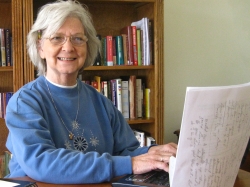
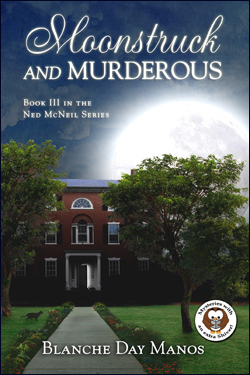
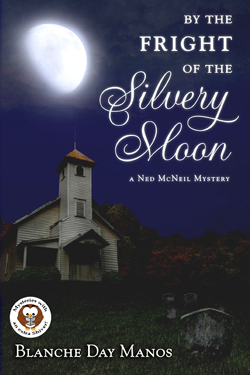
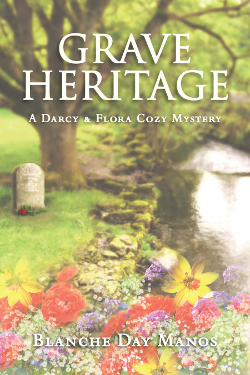
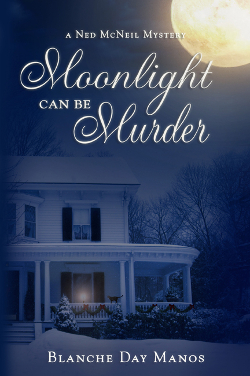
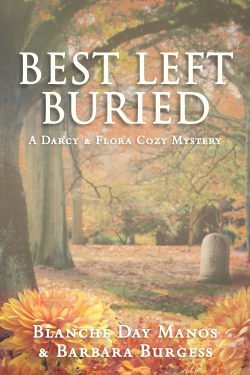
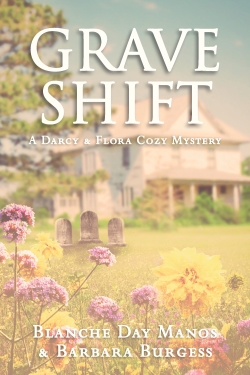
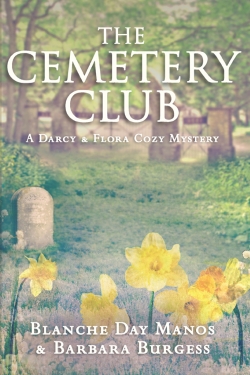
I lov these memories and the one you inspire of mine…
That kind of life seems worlds away from our modern industrial society but it didn’t happen very long ago.